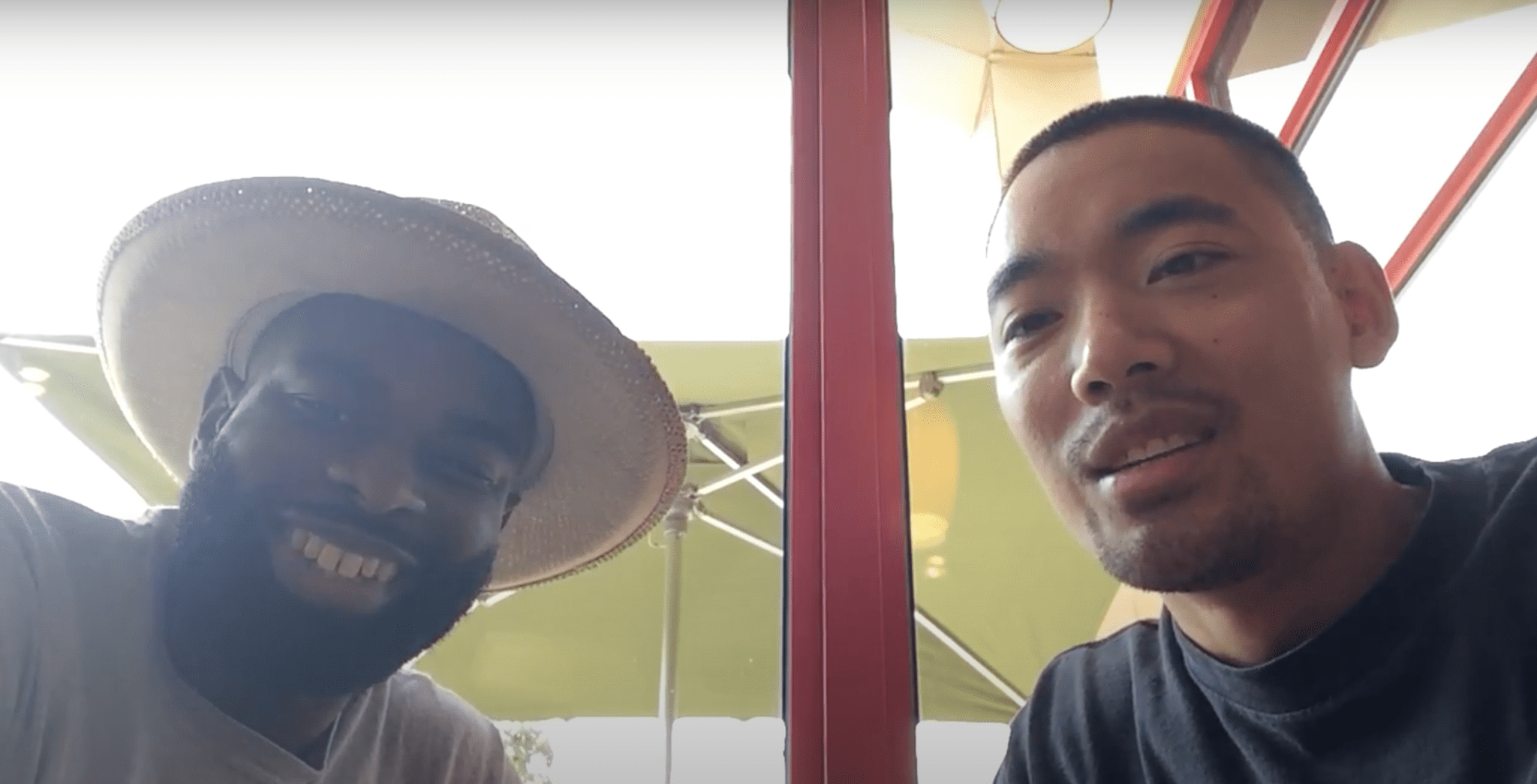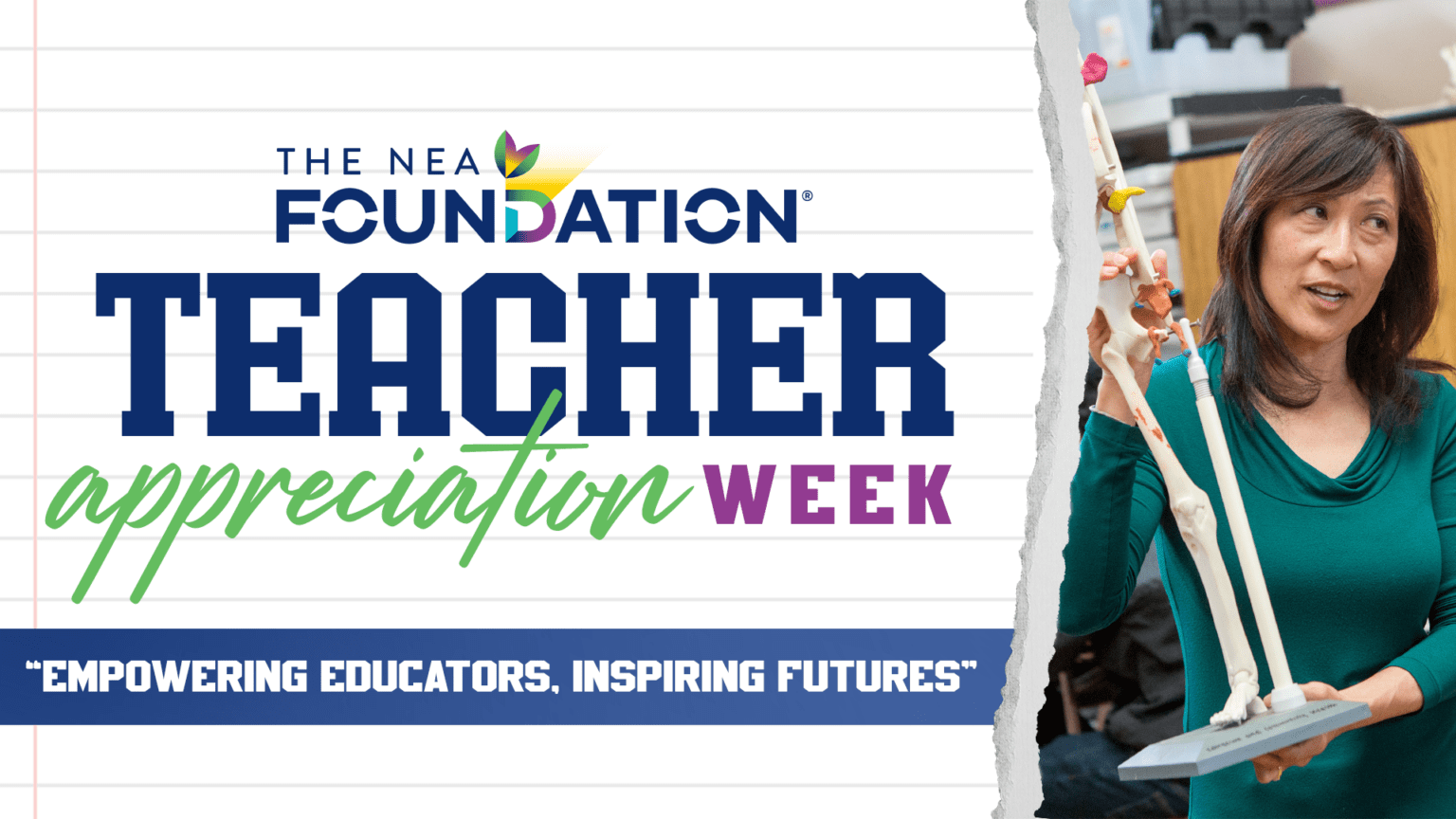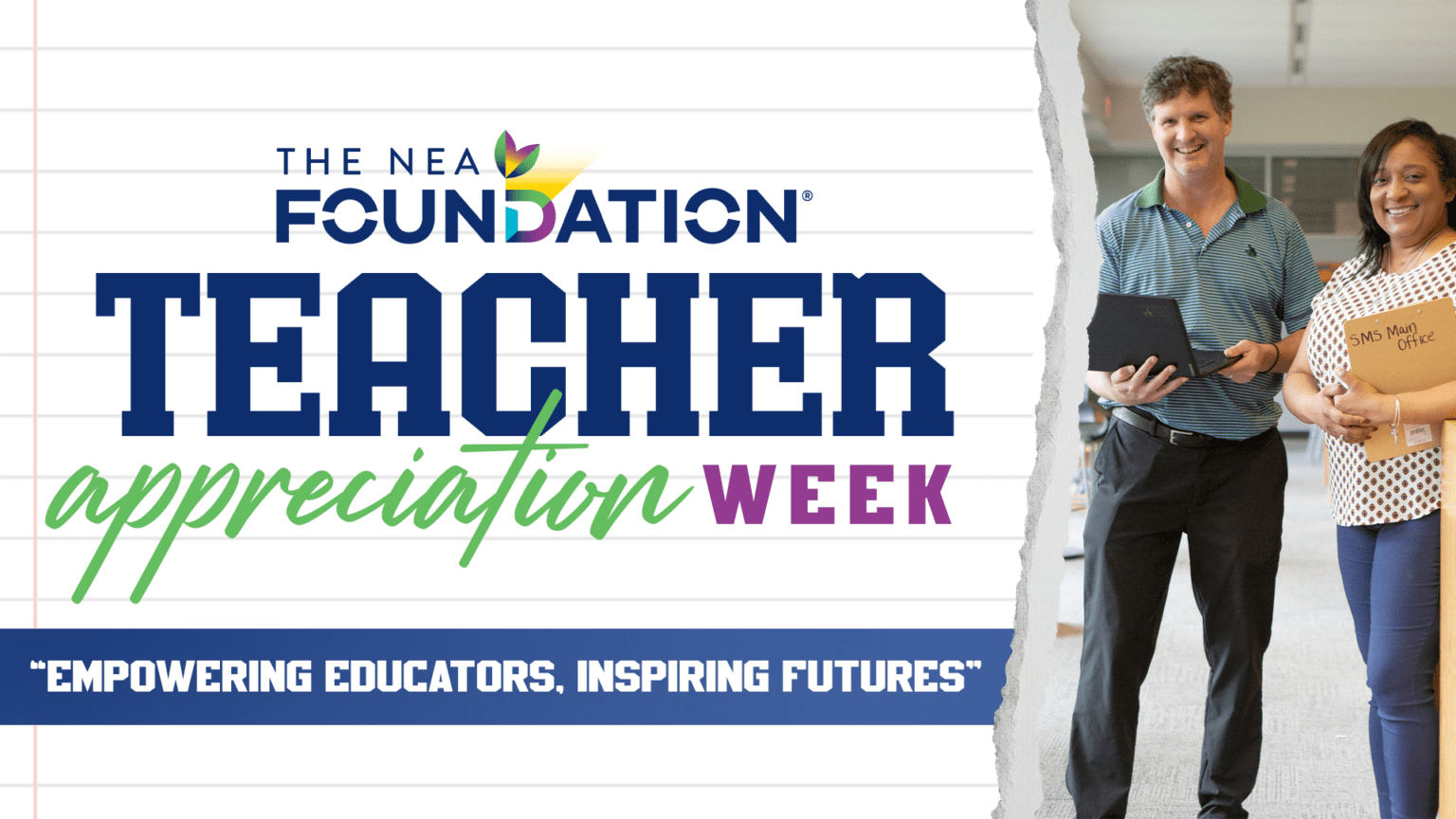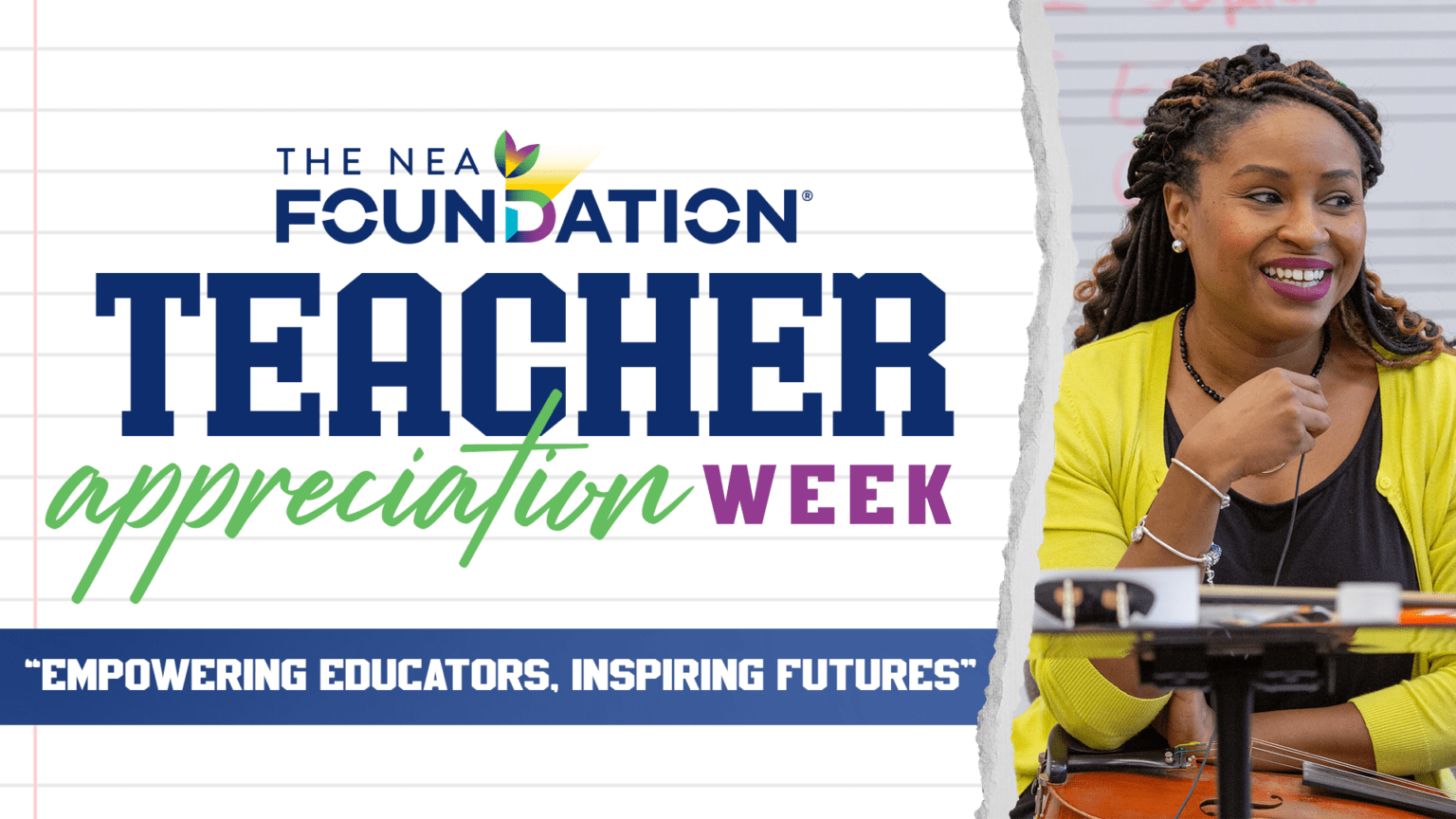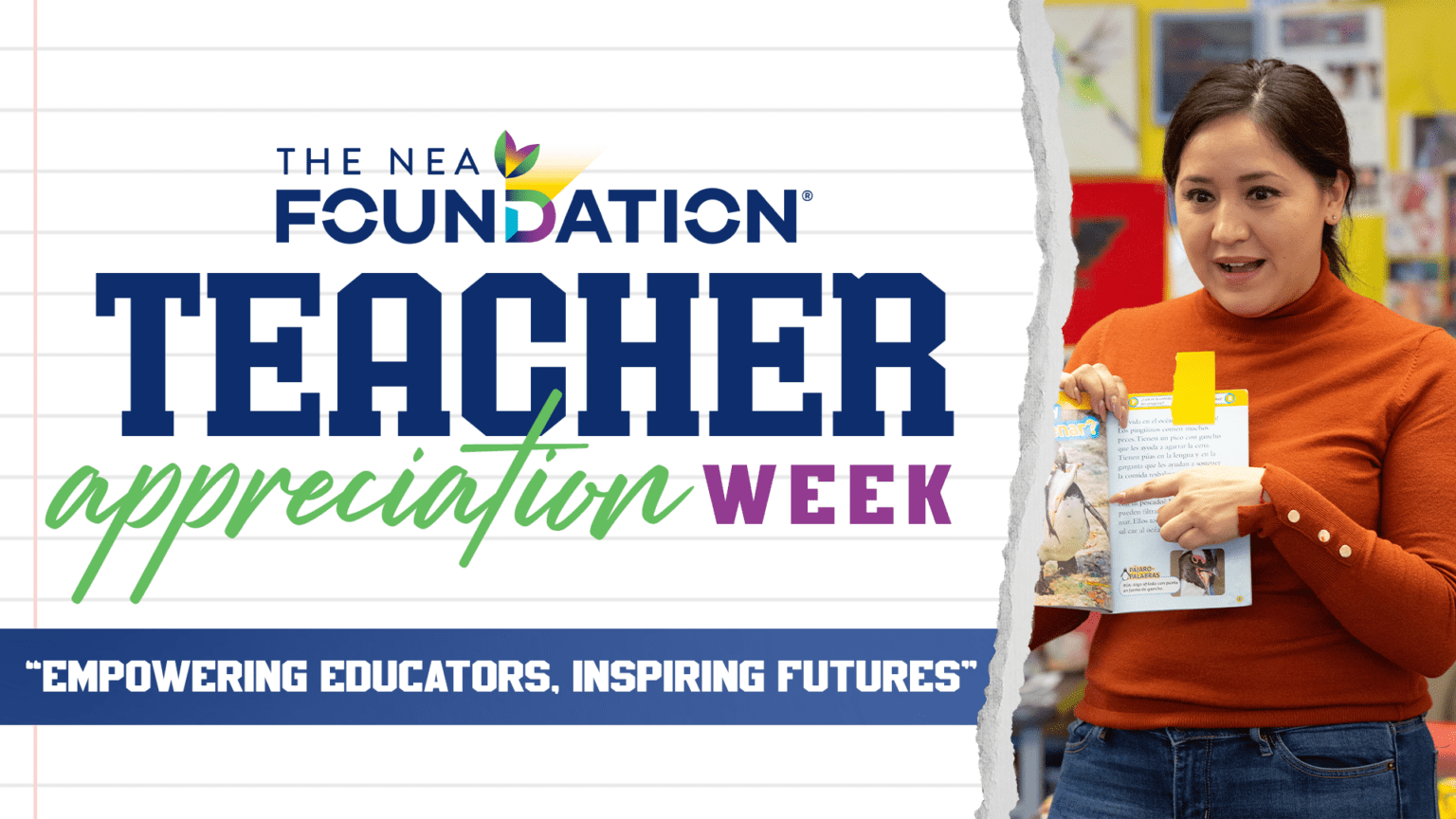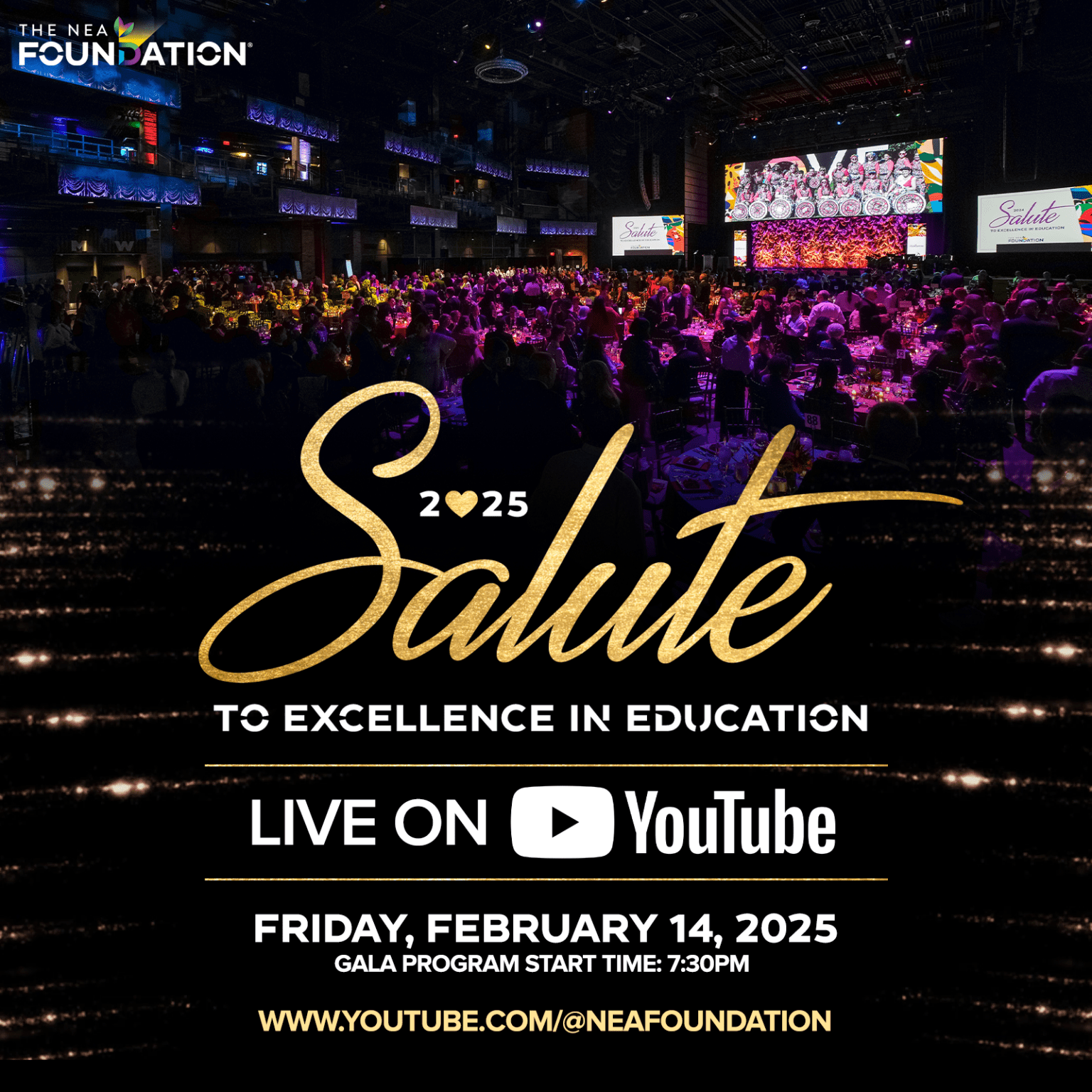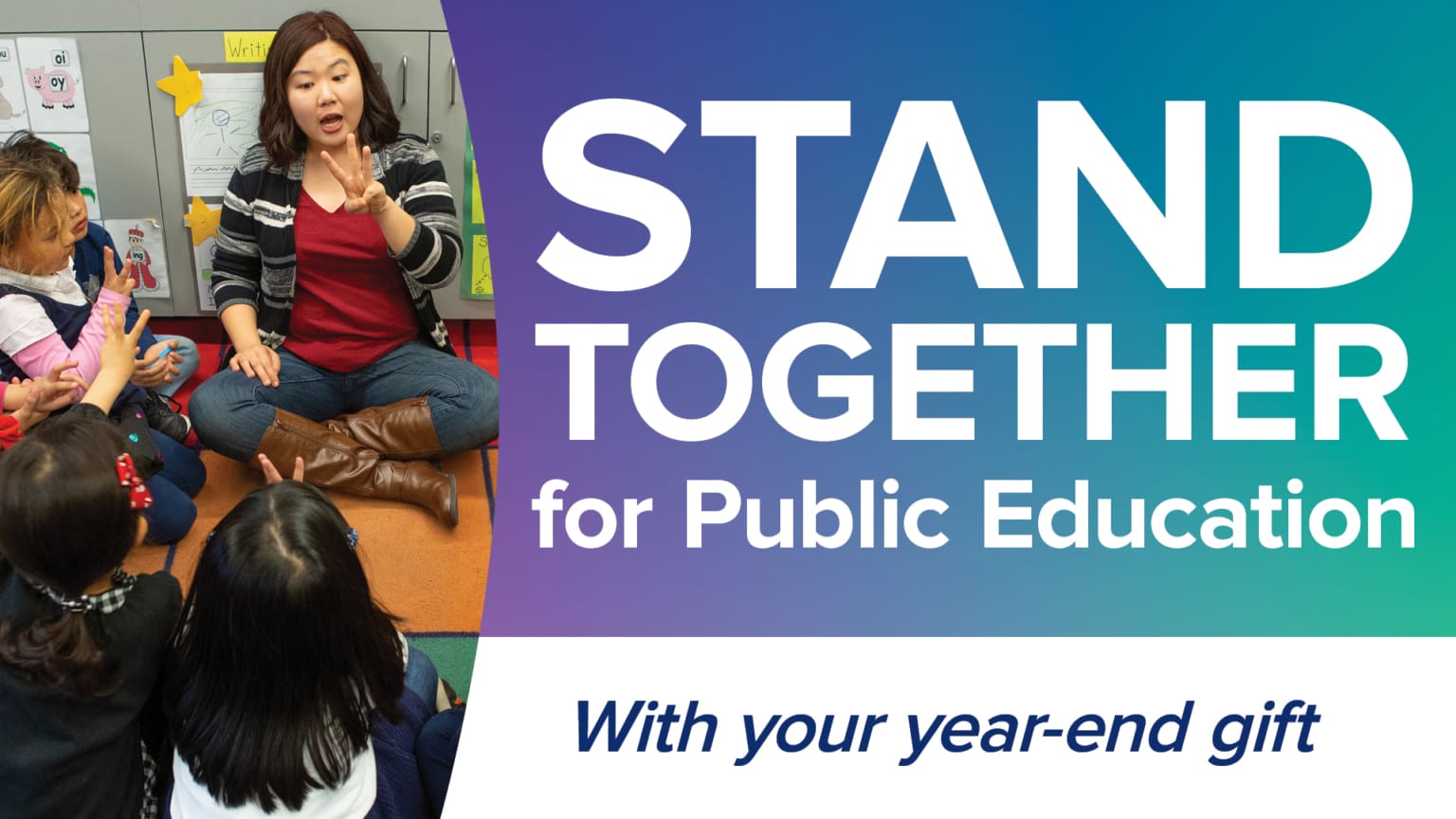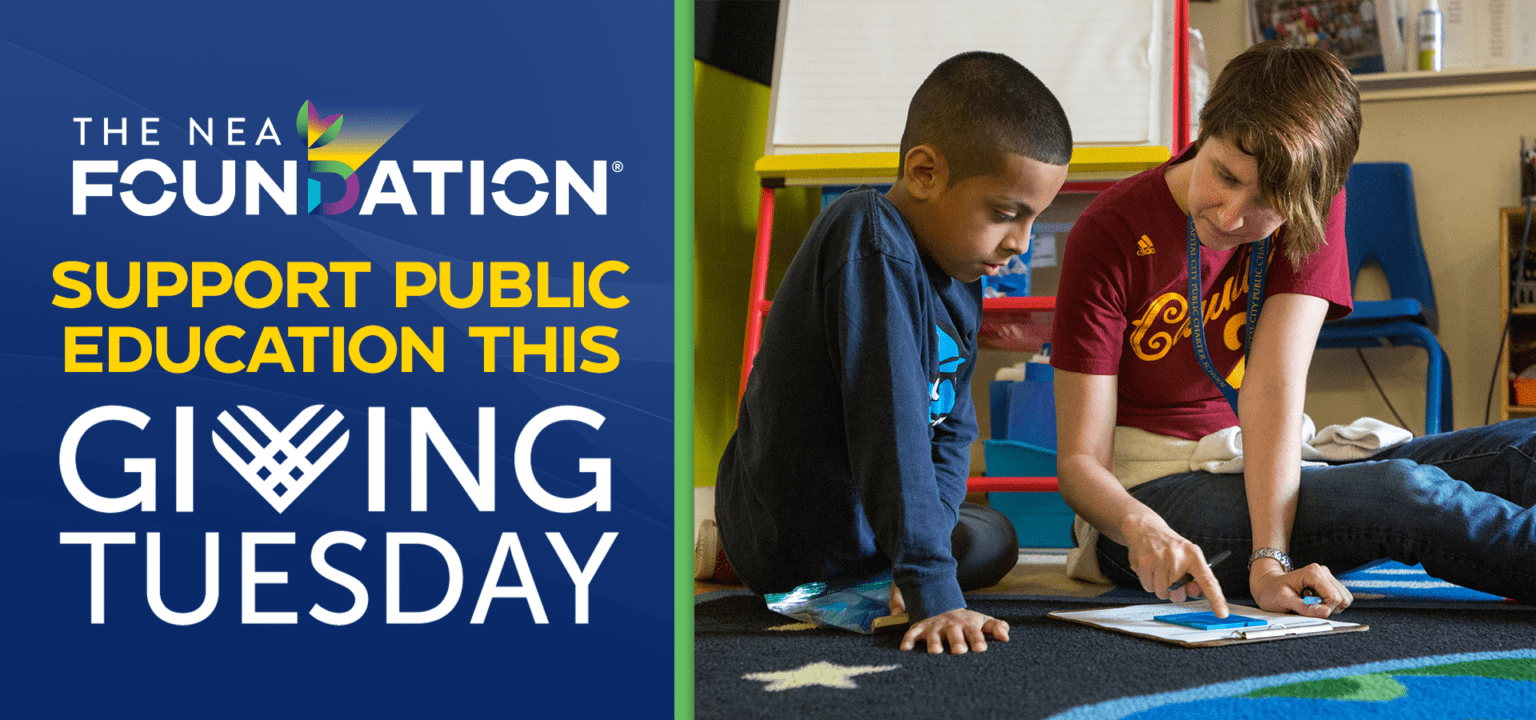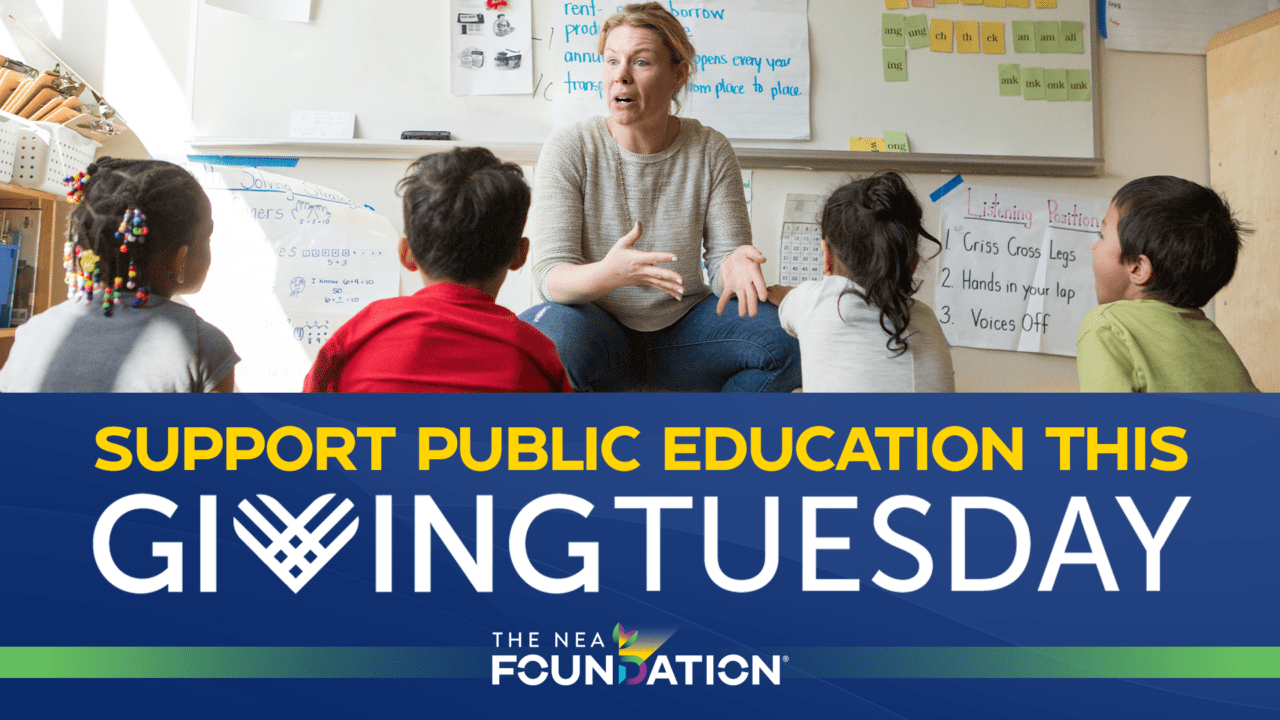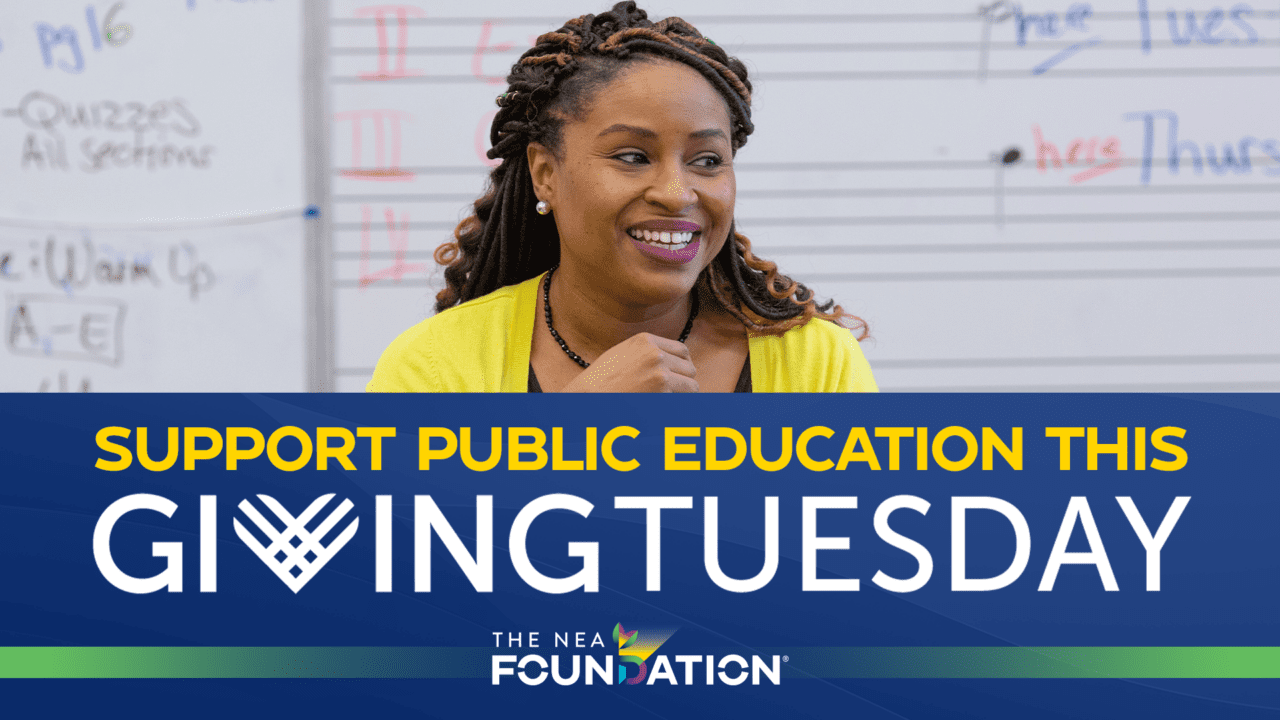“Sho-sho-lo-za,” our voices chorused, “Kulezontaba/Stimela siphum’e South Africaaa!” We chanted this glorious South African hymn, unsteadily at first, and then gradually with more confidence, on our ride after visiting the former prison cells of South Africa’s fiercest freedom fighters at Constitution Hill Museum. As one of the forty-six teachers selected for the NEA Foundation Global Learning Fellowship in 2018, I enjoyed the camaraderie of meeting the other fellows and sharing our ambitions as global educators. We visited several traditional and non-traditional schools–K-12 and post-secondary– dined at various restaurants and wine vineyards, while also sparking meaningful conversations with many of the South Africans we encountered on the trip. But it was this moment, when our tour guide, spontaneously it seemed, taught us this magnificent song that truly brought us all together and solidified the experience into one collective purpose.
“Shosholoza” is a call and response style song that was sung by South African migrant workers from many different language groups who were being exploited as mine workers. I couldn’t help but connect the historical significance of this song to the spirituals sung by enslaved Africans in antebellum United States or the freedom songs of the civil rights movement. In fact, my care and interest for the people and history of South Africa was cultivated in my junior year of college–a time when I was being exposed for the first time to a genealogy of Black thinkers in my African American Literature course. It’s no accident that I was introduced to, and warmly received, books written by Steve Biko and Winnie Mandela while I was simultaneously being awe-struck by the eloquence and sharpness of writers like James Baldwin and Assata Shakur.
So, in 2017 when I noticed an opportunity in the NJEA Review magazine to travel with a cohort of teachers to South Africa, I couldn’t pass it up. I applied for the Fellowship and thankfully I was accepted.
Upon embarking on our field study journey, our first stop was Cape Town, South Africa. When we toured Table Mountain, the tranquility afforded me a deep moment of reflection and peace that sustained me throughout the rest of the trip. Robben Island, where so many freedom fighters were imprisoned, was a turbulent distance off in the bay. We visited an awesome school named South Peninsula High School situated in a primarily ‘coloured’ (Indian/mixed-race) neighborhood. I remember having a very engaging conversation with the students there. They asked many questions about the political climate here in the U.S: our policies, our immigration challenges with our neighbors to the South, and more. I was a little surprised that they were so knowledgeable about our domestic and foreign policy. How many of my students could ask critical questions about global affairs with citizens of another country?
When I returned from the trip, I collaborated with two amazing educators, Gabe Tanglao from New Jersey and Erika Strauss Chavarria from Maryland, to co-create a workshop entitled, “Think Global Act Local.” Our purpose was to engage teachers in the importance of cultivating a global perspective for themselves and their students. The workshop consisted of several current events articles which explored the realities and challenges of educators, parents, and students in different international contexts. Education International was a vital resource for us as we curated this workshop. After each educator read an article, we invited them to write fictional first-person narratives embodying a character they just encountered. Once educators had been firmly grounded in their various international contexts with this exercise, we engaged them in multiple rounds of a mixer activity to share their narratives with other educators. We then closed with a discussion about the Global Education Reform Movement–a well-funded political endeavor which promotes the falsehood that the main means to improve education is through competition (standardized testing) and privatization (charter schools)–and ways to resist it.
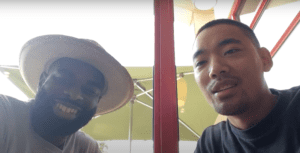
WATCH: Ike Onyema (GLF 2018) and Gabe Tanglao (GLF 2019) reflect on Fellowship and field study.
To learn more about how you can join the 2023 NEA Foundation Global Learning Fellowship cohort, click here. Applications are due April 1, 2022.
Ikechukwu Onyema is a chemistry educator in New Jersey. He also hosts the podcast Freestyle Fridays presented by the New Jersey Education Association’s Human and Civil Rights Division.

